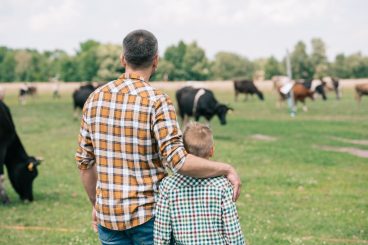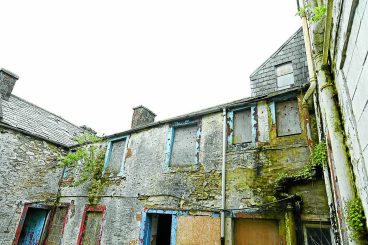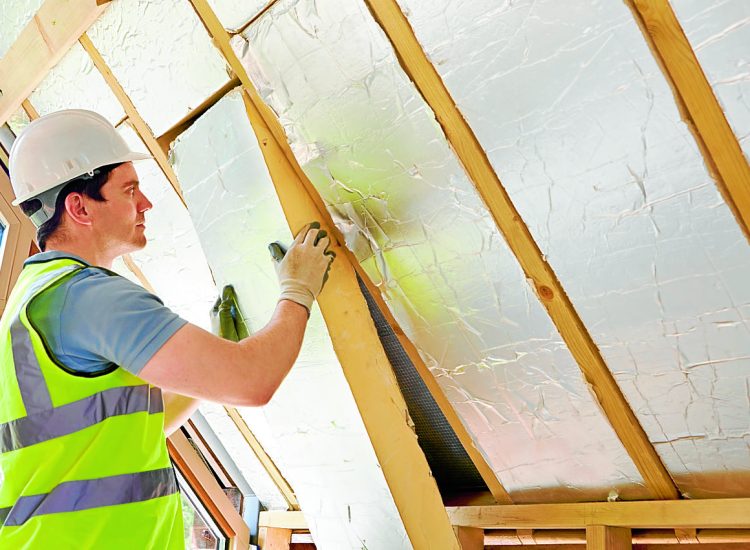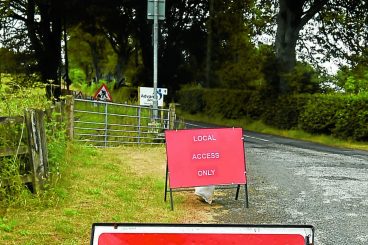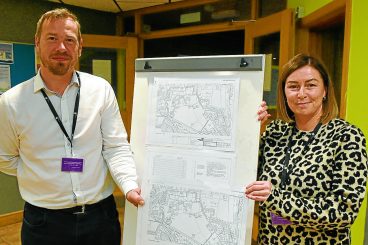DUMFRIES and Galloway had the greatest carbon impact on the environment per person than any other region in Scotland last year.
That’s the findings of a Scottish Environment Protection Agency (SEPA) report on household waste across the country throughout 2019.
It also revealed that each person in the region generated an average of just over than half a ton of waste – the second highest rate in Scotland.
Overall, 76,786 tonnes of waste was generated, 22,627 of which (29.5 per cent) was recycled, up 2.1 per cent from the previous year.
Just over a quarter of the region’s waste, 19,647 tonnes, ended up in a landfill whilst 34,467 tonnes (44.9 per cent) was diverted and incinerated.
The figures raise questions on the feasibility of the council’s target of achieving net zero carbon emissions by 2025, and are in stark contrast to statistics discussed this week at the council’s economy and resources committee, which boasted Dumfries and Galloway as Scotland’s third largest contributor of renewable energy.
At Wednesday’s meeting, the council’s environment manager, Simon Fieldhouse, said that “whilst appearing high in comparison,” the region’s carbon emission rates “do not account for the role and value that the agricultural sector currently supports and the role that they will continue to undertake to support the transition of the region to zero-carbon.”
He added: “It has been recognised that some sectors may never reach a net zero carbon status and as such as a region we need to identify and collaboratively work with all partners to identify and prioritise actions that will support the ambitions of the council.”
Discussing the situation, representative for Friends of the Earth Scotland in Dumfries, Debbie Hamilton said: “Since the Second World War there was a general move to industrialise farming, but the consequences of that obviously is that it produces emissions. I think increasingly agriculture is becoming aware of sustainability and it’s slow to change – you don’t change agriculture in a matter of moments do you.
“I think generally there is a move towards sustainability in farming. Obviously carbon emissions are still high and you worry about Brexit and a shortage of food, but again central government haven’t bothered to invest in agriculture and farmers aren’t as appreciated as they should be.”
Responding to figures on the region’s waste output, she said: “We should be recycling, we should be embracing a circular economy,” adding that the region’s current reputation on recycling is “very poor.” She continued: “To implement recycling on a grand scale is one, very complicated, and two, incredibly expensive.
“It is a nightmare to try and implement; it needs an incredible amount of infrastructure and it needs capital investment. If you really invest in recycling, not only does it create jobs for life, but in the long run it makes money. But you need that capital investment to start with and central government in London have starved local governments of money forever.”








